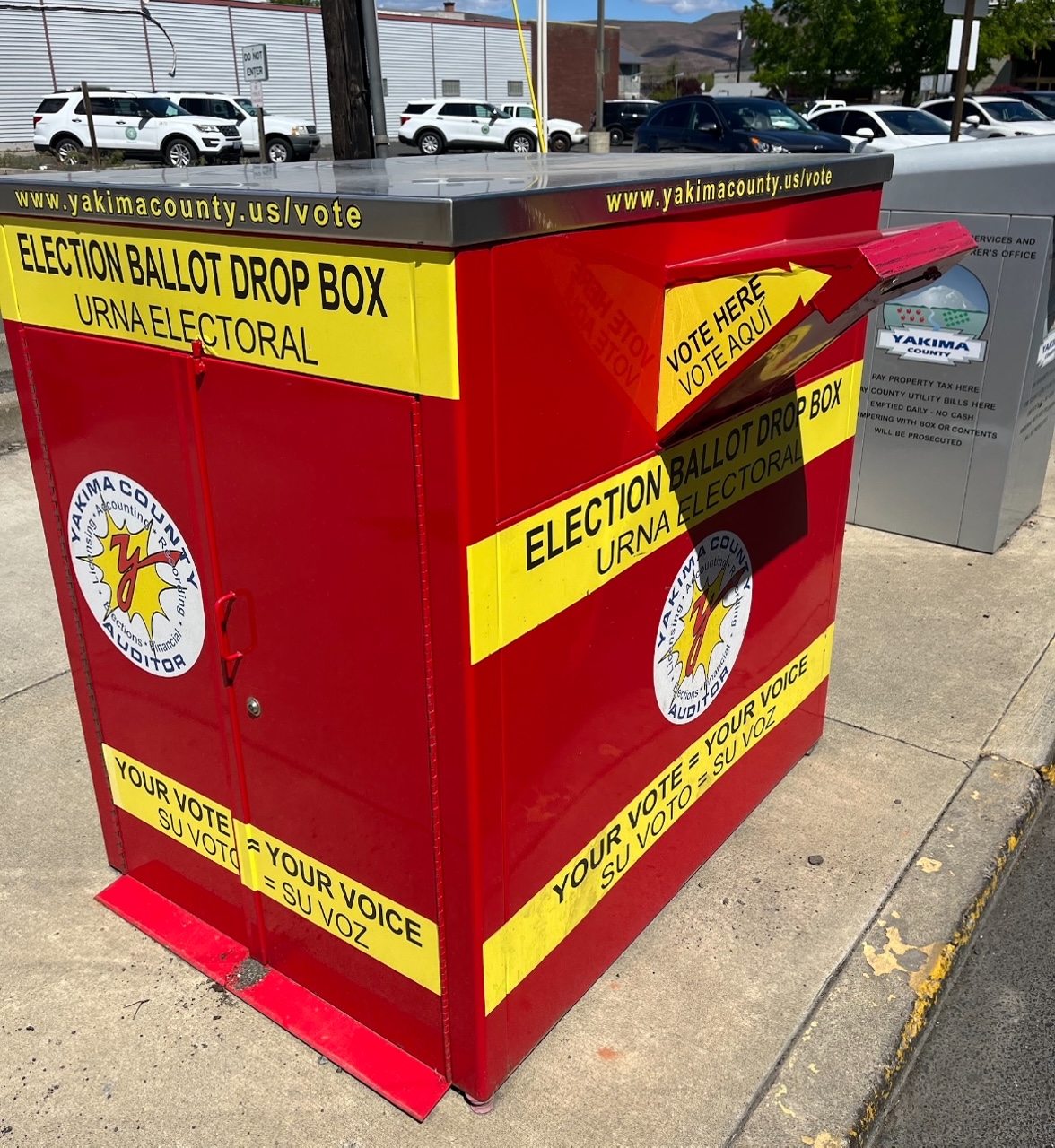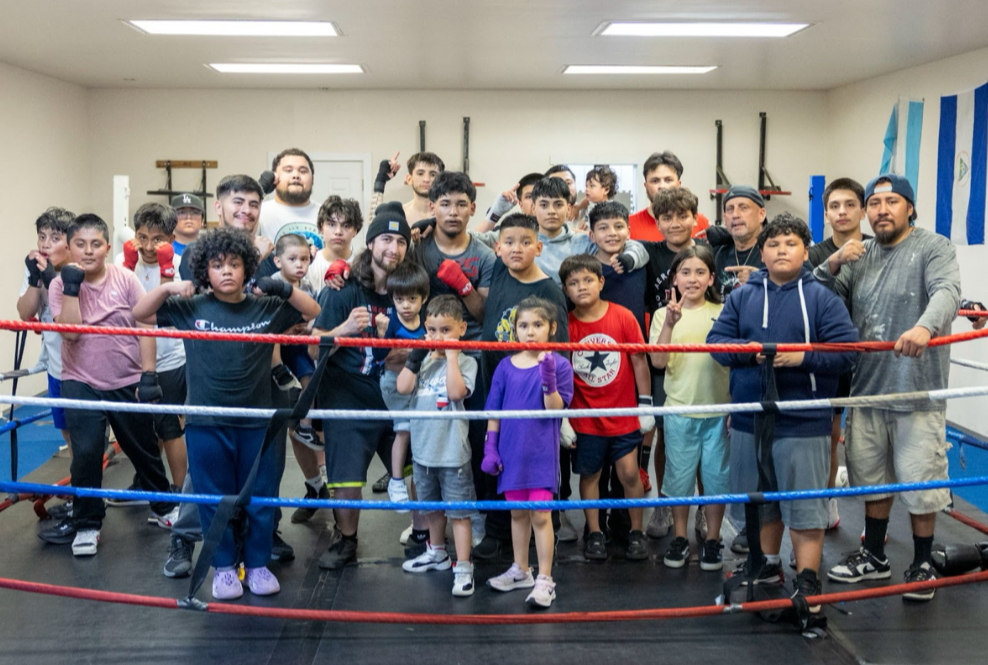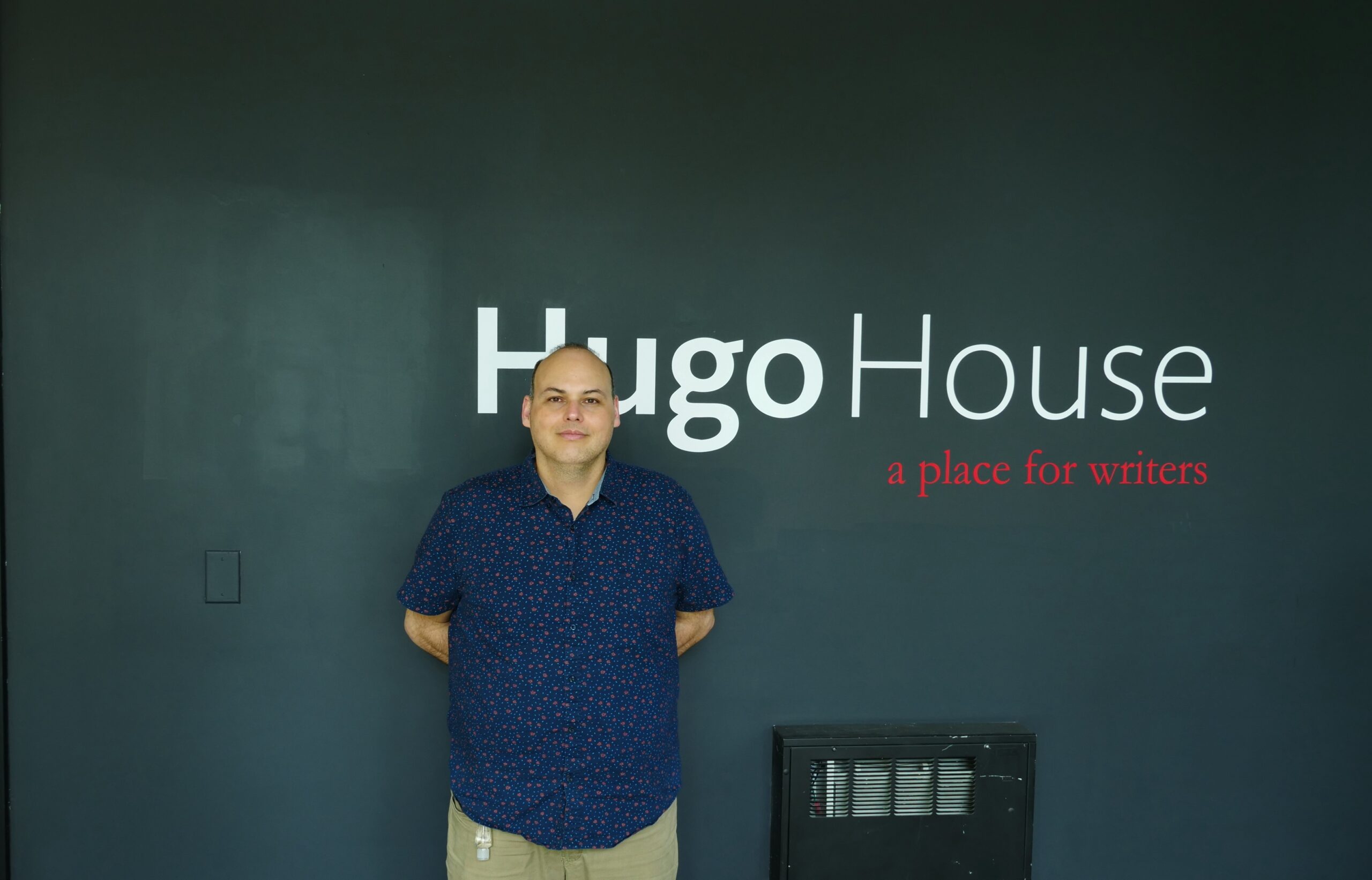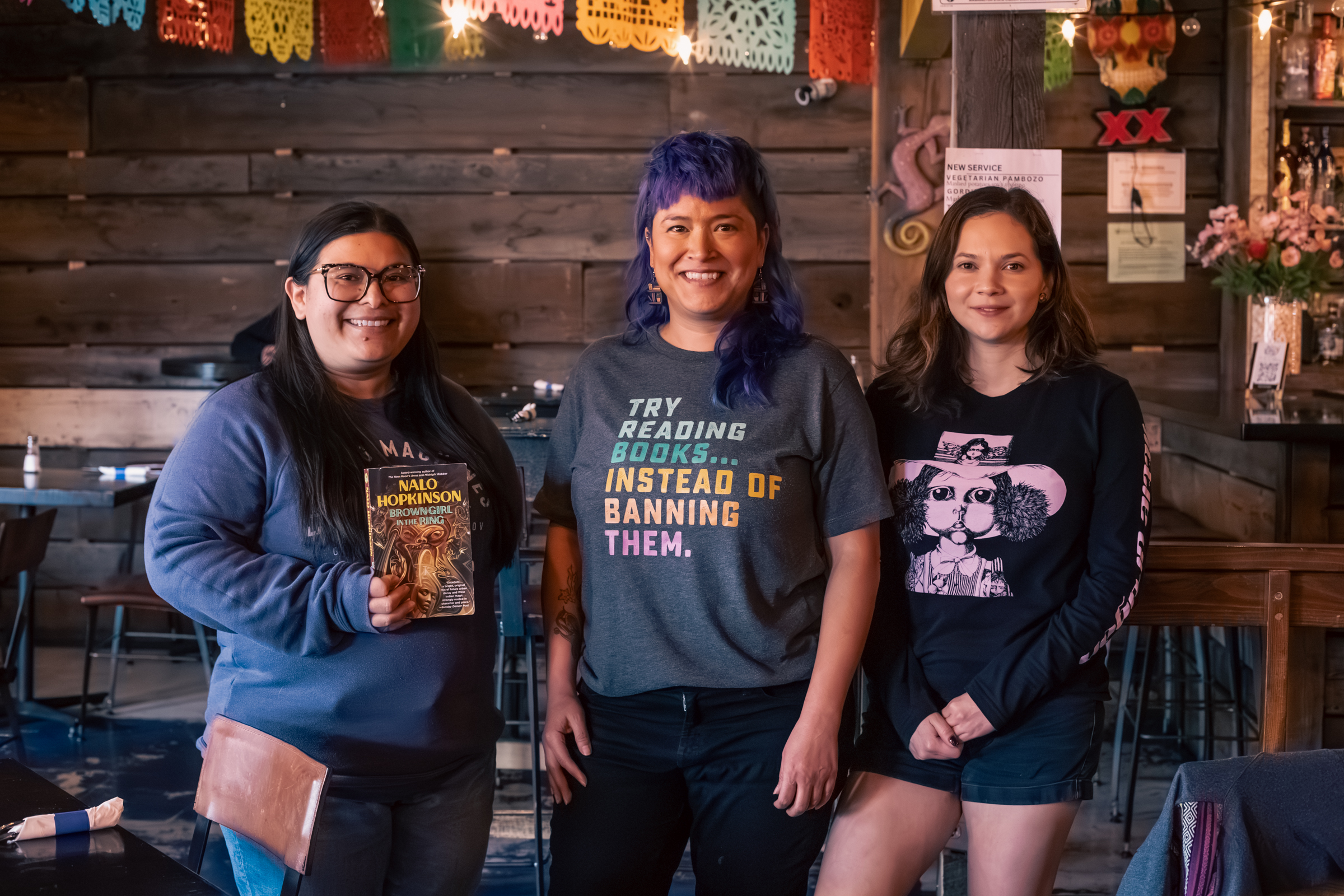Early in March, a federal district judge approved a new boundary for Washington’s 14th legislative district, giving Latino voters a majority for the first time. Now, Latinos in the district are looking to the future, hopeful for more accurate representation in Olympia.
“You know, it’s a big win,” said Giovanni Severino, a policy organizer and youth campaign manager for the Latino Community Fund. The fund is a nonprofit based in Yakima that aims to address the needs of Latinos statewide by encouraging civic engagement and promoting healthy families, arts, and culture. “It’s also a big opportunity for underrepresented communities within the Yakima Valley or just the legislative district to have someone represent them in Olympia who shares their values, their cultures, and all that good stuff.”
The new district encompasses most of Yakima and Klickitat counties, spilling into Benton County to include Kennewick at its easternmost point. This region of the state has seen a series of voting rights lawsuits brought by Latino voters over the past decade. Progress has come slowly, amplifying Latino voices and rewriting laws that have historically devalued Latino votes.

“That’s why the districts were drawn in that specific way for the past many decades–to dilute the Latina or just the BIPOC voting power,” Severino said. “But now that this change has happened, there’s a light of hope.”
Montes v. City of Yakima in 2014 challenged how Latino votes were diluted in city council elections. In 2016, The ACLU filed against the city of Pasco, causing the city to examine and then change its city council election systems to reflect the Latino population there.
Palmer v. Hobbs in 2023 ultimately led to the redrawing of the entire state legislative district. In Yakima, Pasco, and the previous legislative districts, Latino voters were intentionally split along district lines to spread their votes across majority-white districts. This system of diluting votes is called cracking.
“Our communities were gerrymandered; we really didn’t have that voting power with the prior districts, the way that they were drawn,” Severino said. “Now, with them being redrawn, we have the ability to elect someone who reflects our values a little bit more.”
Jake Garcia is the policy director for the Latino Community Fund. He hopes that the current representatives, who remain in office until January 2025, will feel compelled to listen to Latino voices now that the Latino vote carries more weight.
“I think that going into the next legislative session, maybe even with the same representatives we have right now or similar folks, I think that we’ll be able to have a better dialogue about it given the new makeup of the district,” Garcia said.
He already has a list of policies he hopes will gain ground after the redistricting. Unemployment insurance for undocumented immigrants is near the top of the list. In February, bills to provide unemployment insurance to undocumented individuals were brought to both the House and Senate floors. Both bills have gotten stuck in committee. Garcia hopes urgency will come with representation of a majority Latino constituency.

He would also like to continue the momentum of making more fair and equitable elections by introducing multilingual election materials statewide.
“Other legislation would be around expanding and reforming democracy so that it can be more representative,” Garcia said. “More resources for election materials in multiple languages and to be more linguistically accessible overall.”
Legislation such as this would make elections more accessible for Latino voters statewide, providing an example of how a Latino majority in one district could empower voices throughout the state.
The Latino population in the district is significantly younger than the previous majority white demographic. According to the U.S. Census Bureau, the Hispanic population’s average age in Yakima County is 24.4, while the white population’s average age is 38.6.
Many Americans are frustrated with aging politicians, and Severino sees an opportunity for more diverse and younger representatives.
“The excitement is that they’re young, there’s new representation, younger values that will be represented at Olympia from Central Washington,” Severino said. “I think that’s where most of the excitement is coming from, in addition to having Latina representation.”
He explained that many of the people he talks to in the community are historically uninterested in local politics. Once he explains the opportunity for new representation, their interest peaks.
“Many times, they focus on what’s going on at the federal level and forget, you know, that we have folks that represent us here at the state level in Olympia,” Severino explained. “So we find it to be an opportunity to create that curiosity for folks amongst our community.”
He says this excitement and curiosity should lead to increased engagement.
“I expect and have been seeing more folks being more interested in participating in forms of civic engagement, whether it’s through volunteering, through our organization programs of just learning what the state systems look like and how to educate their peers about it,” Severino said.
Sonni Waknin, the UCLA Voting Rights Project program manager, was one of the attorneys in the lawsuit that led to the redrawn district. She says that even if representatives stay the same, their representation of their district changes after constituent demographic shifts.
“When representatives know they have to win your vote, when voting systems are fair, they will be more responsive to communities’ needs,” Waknin said.
Cover Photo: The Yakima County Election Ballot drop box sits across the street from the Yakima County courthouse. Yakima County Elections Division’s motto is “Your vote = your voice”.

Cyrus Storlie is in his final year at the University of Washington, working towards a degree in Journalism and Public Intrest Communication. Cyrus specializes in community-based Journalism and looks to amplify voices through personal storytelling. With a freelance focus on politics, public affairs, and immigration, he brings a wide skill set to individual-based narratives.
Publisher’s Notes: Washington Latino News and a class in the Journalism and Public Interest Communication program at the University of Washington are partners in best serving the Hispanic and Latino communities.




